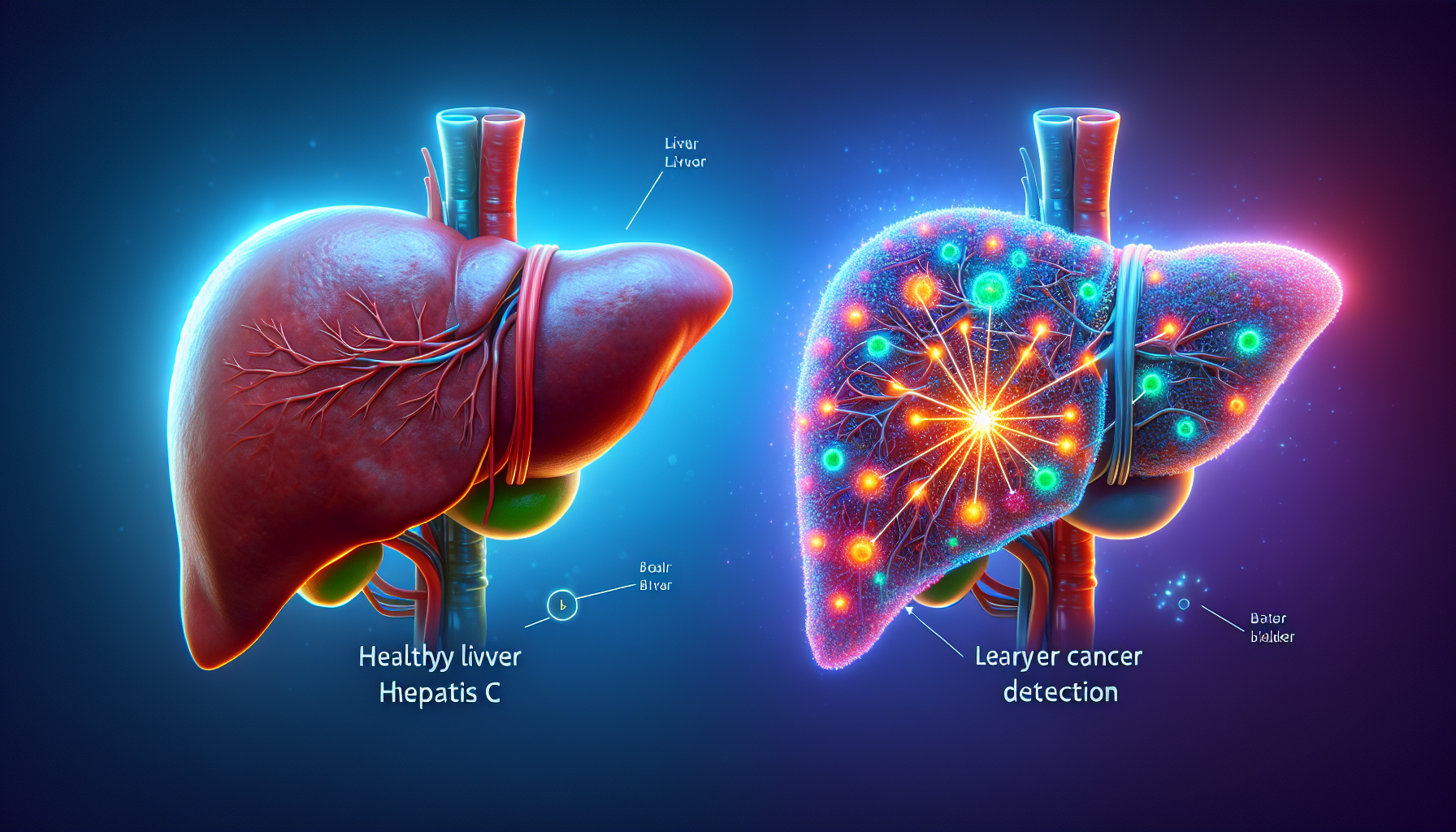FDA Greenlights Roche's Self-Collection Test for HPV: A Step Towards Better Cervical Cancer Screening
Key Takeaways
- Roche's self-collection HPV test is now FDA-approved in the U.S.
- The test aims to make cervical cancer screening more accessible and less invasive.
- Roche's cobas HPV test efficiently identifies high-risk HPV types to aid early diagnosis.
Did You Know?
Introduction to the FDA Approval
The U.S. Food and Drug Administration (FDA) has recently approved Roche's innovative human papillomavirus (HPV) self-collection solution, marking a significant milestone in the fight against cervical cancer. This approval introduces one of the first self-collection HPV tests available in the United States, offering enhanced accessibility for women requiring cervical cancer screening.
The Importance of HPV Screening
HPV is a major cause of cervical cancer, with studies linking it to over 95% of cases. With more than 13,000 new diagnoses of cervical cancer and roughly 4,000 deaths annually in the U.S., early and consistent screening is crucial. Unfortunately, over half of the cervical cancer patients in the country are underscreened, highlighting the need for more accessible procedures like Roche's self-collection test.
How the Self-Collection Solution Works
The Roche HPV self-collection solution enables women to collect their own vaginal sample in a medical setting. This sample is then sent to a lab for analysis using Roche’s advanced cobas molecular instrument. If the test results are positive, follow-up care with a healthcare provider is essential for further assessment and treatment.
Clinical Trials and Demographics
Roche’s cervical cancer solution was rigorously tested in the IMPACT trial, which included a diverse group of participants: 24% Hispanic, 21% Black, and 0.3% Alaska Native. The trial's broad demographic inclusion ensures that the solution is effective for various populations, emphasizing its reliability and comprehensive applicability.
Current Methods of HPV Testing
Typically, HPV testing and Pap tests are conducted in a clinical setting. A Pap test involves a physician examining the vagina with a speculum to check for abnormal or precancerous cells. The Centers for Disease Control and Prevention (CDC) recommends starting Pap tests at age 21 and continuing every three years if results are normal. There are options for HPV-only tests, combination HPV and Pap tests, or Pap-only tests for those aged 30 to 65.
Challenges in Cervical Cancer Screening
Numerous factors hinder regular cervical cancer screening, such as access to healthcare, social and economic barriers, cultural concerns, and personal discomfort. These barriers result in infrequent screening and late diagnoses.
Redefining Accessibility in Screening
Roche’s self-collection solution reduces these barriers by allowing women to collect samples themselves, thus minimizing the need for clinician intervention. This method is as accurate and reliable as traditional procedures, enhancing patient comfort while maintaining high diagnostic standards.
Understanding the Roche cobas HPV Test
The cobas HPV test, part of Roche’s cervical cancer suite, can identify 14 high-risk HPV genotypes, including types like HPV 16 and HPV 18. The test utilizes a fully automated system capable of processing up to 96 results in about three hours and 384 results in eight hours, ensuring quick and efficient diagnostics.
Convenience and Flexibility
One of the notable advantages of the Roche HPV test is that there is no special preparation required. Tests can even be conducted during a patient’s menstrual cycle, providing flexibility and convenience for patients’ schedules and needs.
Conclusion
By enhancing access to vital HPV screening, Roche's self-collection solution holds promise in addressing the cervical cancer screening gap in the United States. It represents an important innovation that meets diverse needs, ultimately aiming to reduce the incidence and mortality rates of cervical cancer through early detection and timely intervention.






